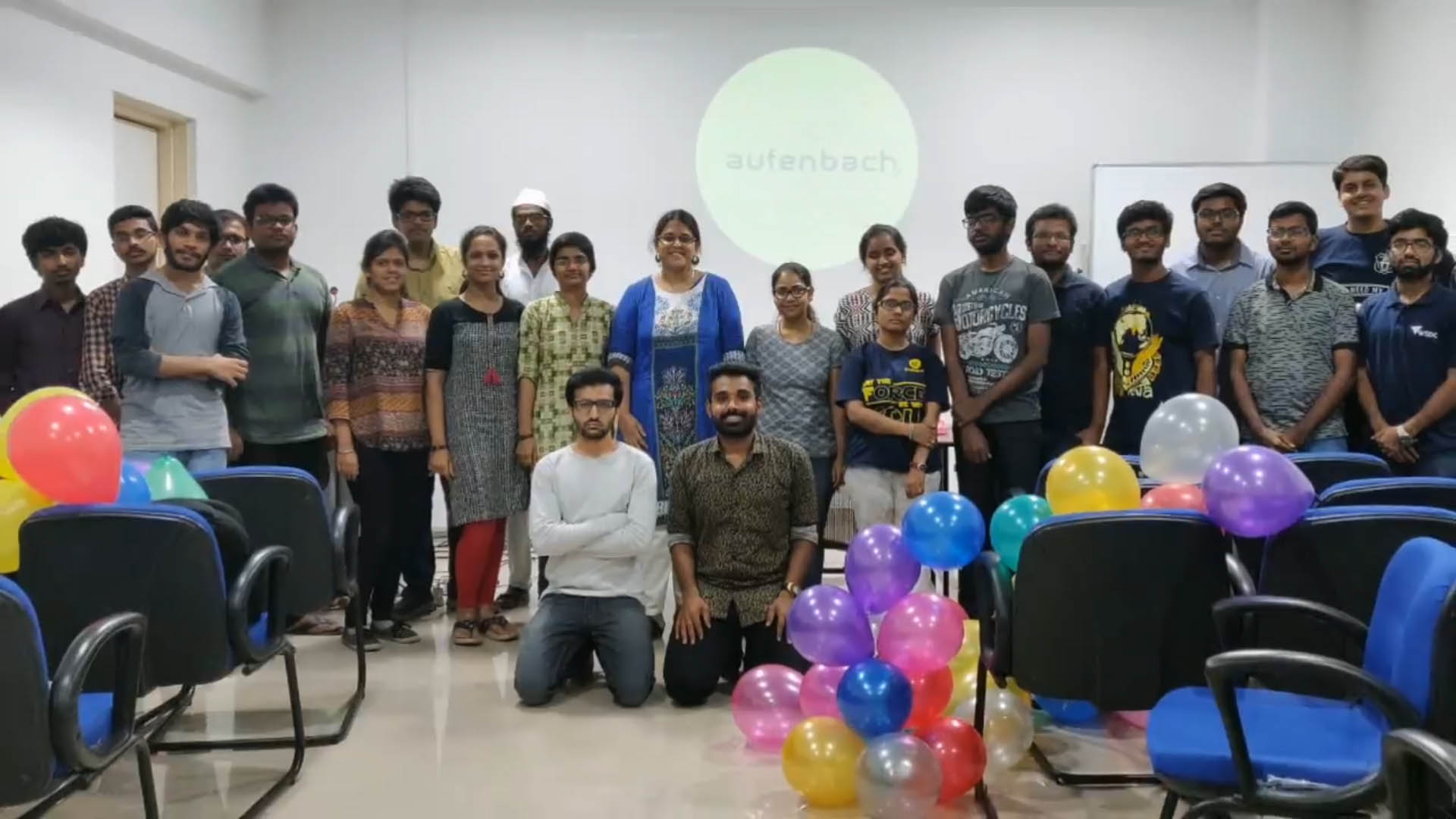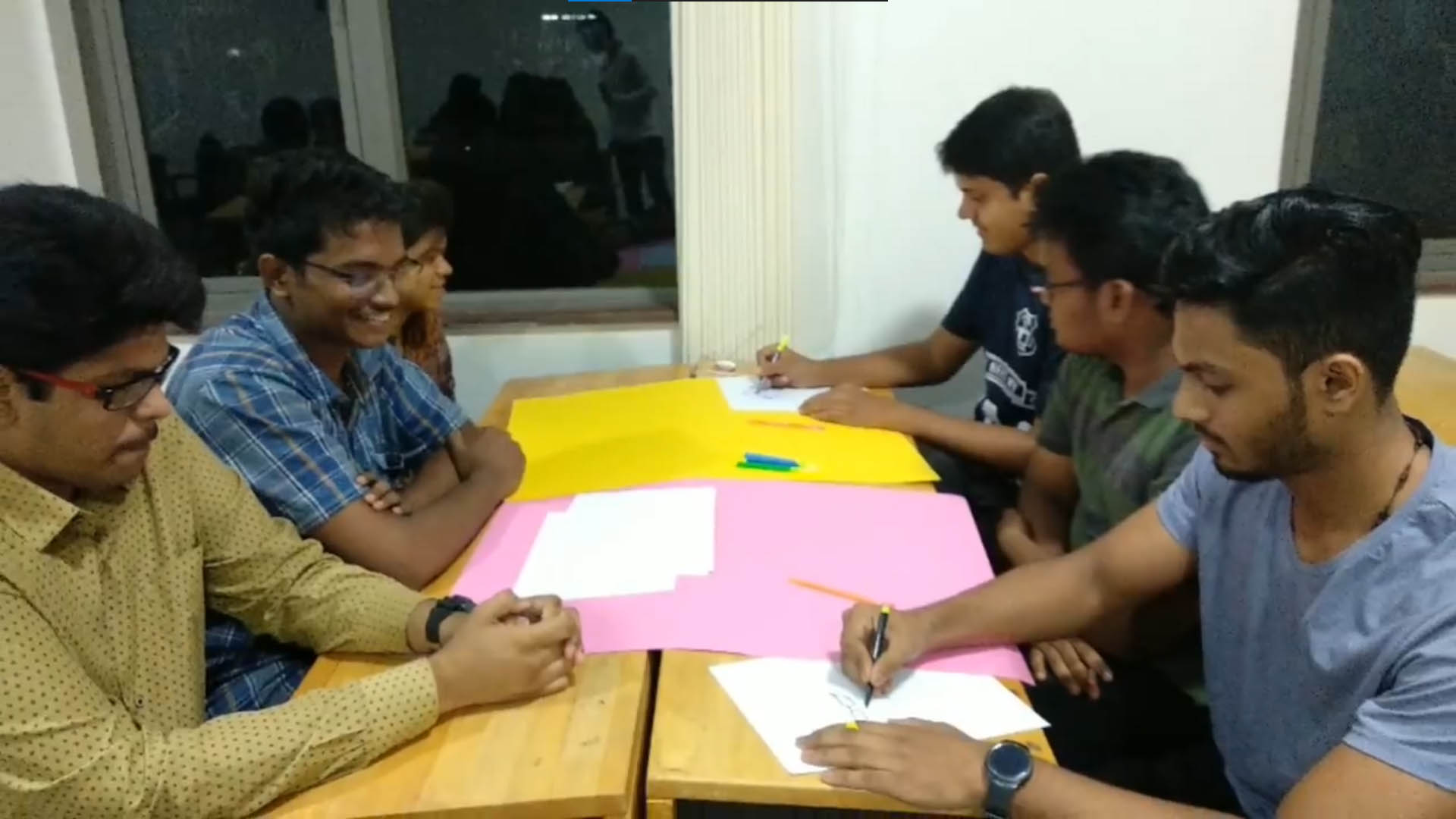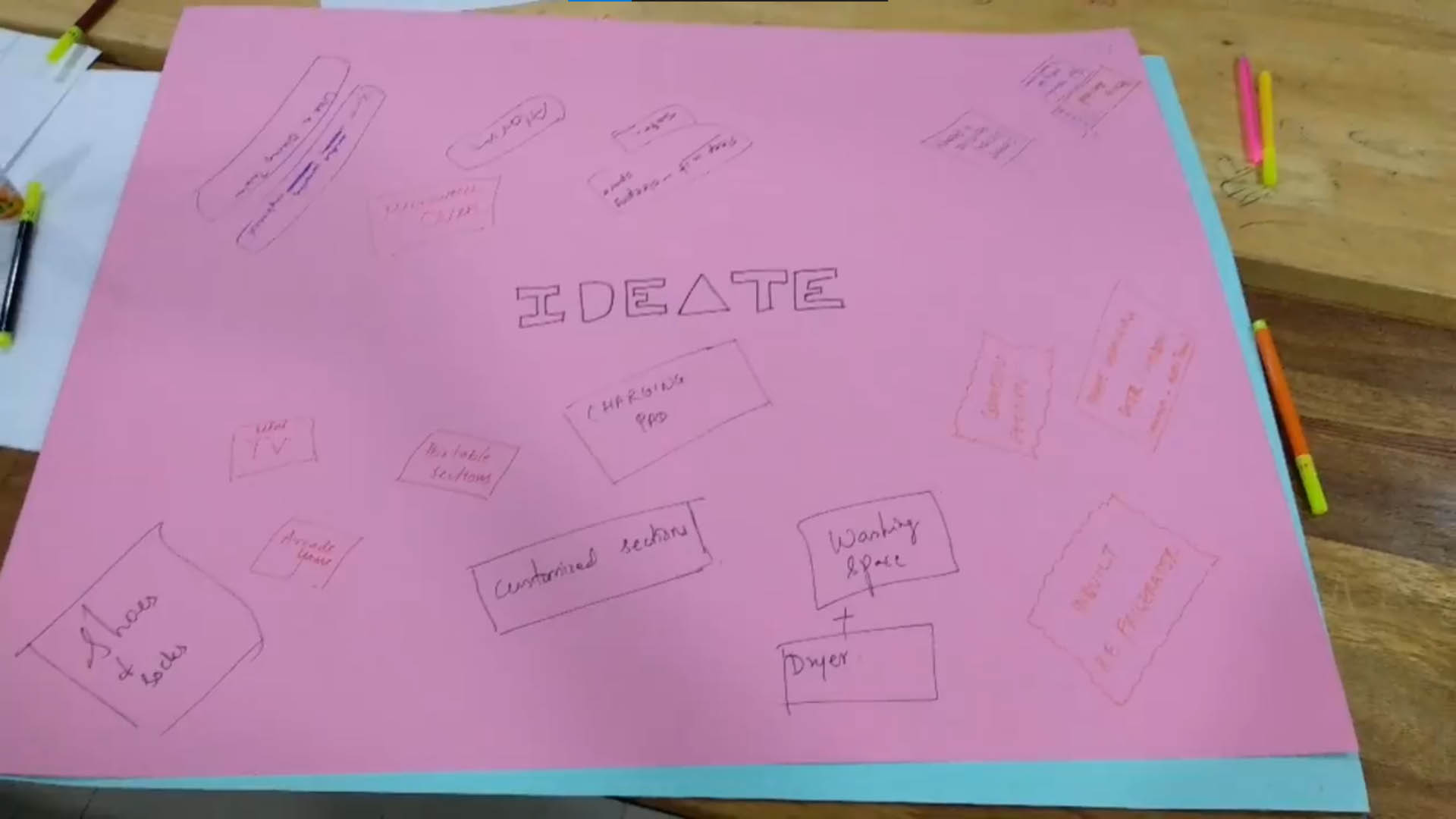The f(x) Programme: Interdisciplinary, collaborative, hands-on learning & teaching.
A one-year programme for engineering students aimed at nurturing the multidisciplinary leaders of tomorrow.
A one-year programme for engineering students aimed at nurturing the multidisciplinary leaders of tomorrow.
What & Why?
In our multifaceted world, the solutions we design often ironically create more problems than what they solve. This, when cascaded, gives rise to a society that is far from its natural subsistence. We need a whole generation of young problem solvers to fine-tune their approach to designing products and solutions. We need problem solvers with a comprehensive and holistic vision, and a broad understanding of the various disciplines that capacitate us. We need problem solvers who can effectively build the necessary bridges between these various disciplines.
After being admitted to at in 2016, I loved the programme’s mission and the objectives but felt that the system undertaken was ineffective. I dropped out of ISB in the 2nd year and started The f(x) Programme.
The f(x) Programme is our attempt towards a resolution.
How does it function?

1 Year
The default length of the programme, though the students may choose to extend if desired.

3 Terms
Each year is divided into terms, with new teams formed at the beginning of each term.

5 Members
The general size of each team, with each member from a different academic background.

5 Days a week
45 minute long Learning & Teaching sessions (during workdays) after class hours.
Comparing f(x) students with other students of the same institute and specialisation
92
57
173
My Role
Since the inception of the programme in 2018, I have been responsible for the programme design, programme management and managing relationships with member-Institutes. I, along with my team, have continually been optimising the structure of the programme in order to maximise impact.
The Team
The team consists of five Aufenbach members and a few others from the member-Institutes with Prof L. Anjaneyulu as our advisor.
Status
So far, the program is functional in three engineering institutions along with a handful more in early phases; we have had 70+ students be a part of our programme. Though the results are noteworthy, we believe we can better the programme significantly through the next few cohorts.
My Role
Since the inception of the programme in 2018, I have been responsible for the programme design, programme management and managing relationships with member-Institutes. I, along with my team, have continually been optimising the structure of the programme in order to maximise impact.
The Team
The team consists of five Aufenbach members and a few others from the member-Institutes with Prof L. Anjaneyulu as our advisor.
Status
So far, the program is functional in three engineering institutions along with a handful more in early phases; we have had 70+ students be a part of our programme. Though the results are noteworthy, we believe we can better the programme significantly through the next few cohorts.




